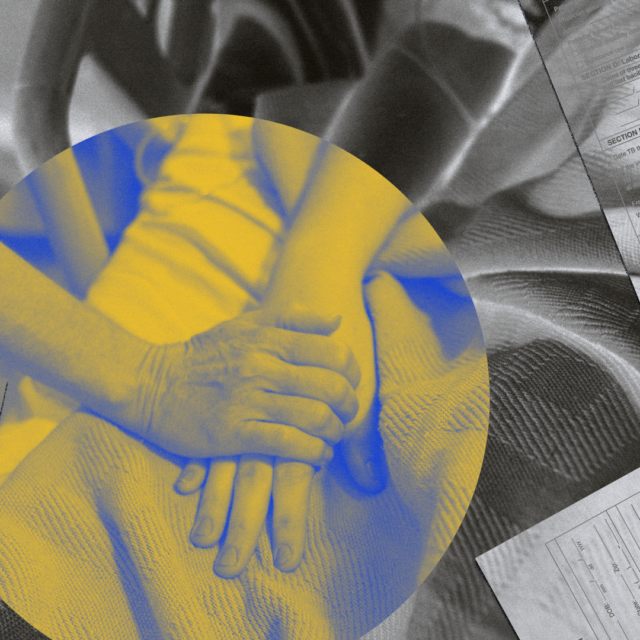Because of the unrelenting advocacy of the gun violence prevention movement, one year ago, President Biden signed the first major gun safety bill in nearly 30 years into law.
Here’s how the Bipartisan Safer Communities Act is already saving lives:
The Bipartisan Safer Communities Act established an enhanced background check process for buyers under 21. There have been more than 100,000 enhanced background checks for these buyers, which have kept almost 1,000 guns out of the hands of prohibited persons—including more than 200 people that were denied solely because of the changes made in the Bipartisan Safer Communities Act.
Hundreds of millions of dollars have also been invested to help federal, state, and local law enforcement get the right records into the background check system to ensure that checks are complete and thorough.
These improvements have also allowed local law enforcement to intervene when records for buyers under 21 show warning signs.
President Biden has directed the Bureau of Alcohol, Tobacco, and Firearms to clarify what it means to be “engaged in the business” of selling guns. By clarifying this definition, the Biden-Harris Administration will move us as close as possible to universal background checks.
Keeping guns out of the hands of domestic abusers
The background check system now denies sales to abusive dating partners with misdemeanor domestic violence convictions. Prior to the Bipartisan Safer Communities Act, only abusers who had been married to, lived with, or had children with their victim were stopped from having guns.
The Department of Justice is educating prosecutors, law enforcement, and court personnel at the state and local levels on the need to document “dating relationship” factors in reports and records to ensure that the background check system contains the most accurate and complete information possible.
The Bipartisan Safer Communities Act created new federal criminal statutes for firearms trafficking and straw purchasing—when someone buys a gun for someone other than themself, often for people already prohibited from owning guns or who do not want to be associated with the purchase. There have since been more than 100 gun trafficking and straw purchasing prosecutions.
There has also been a 52% increase in prosecutions of people selling guns without a license or without conducting background checks.
The Bipartisan Safer Communities Act made $750 million in new funding available to states to create and implement crisis intervention programs, including Extreme Risk Protection Order programs—which temporarily keep guns out of the hands of those determined by a court to be a danger to themselves or others—and drug, mental health, and veterans treatment courts.
To date, over $230 million has been awarded to 46 states to implement these programs and more funds will be awarded in the years to come.
BSCA provided an additional $100 million in grants to support community violence intervention programs that are proven to reduce gun violence, through street outreach, survivor support, and more.
The Bipartisan Safer Communities Act included an additional $300 million in funding for STOP School Violence grants—to help schools implement evidence-based school safety programs, including programmatic interventions like tip lines and threat assessment, and targeted improvements to school security.
It also provided more than $2 billion to support activities outside of school hours that offer learning opportunities and foster safe, healthy, and supportive environments, and to make schools healthier learning environments by increasing the number of mental health professionals who provide school-based mental health services and supporting partnerships that train them.
The Bipartisan Safer Communities Act included almost $1 billion to:
- Provide comprehensive, community-based mental health services for adults and children
- Support the development and promotion of behavioral health services for children exposed to traumatic events
- Train school staff on how to recognize mental illness, provide initial help, and connect students to care
- Increase call center capacity of the 988 Suicide & Crisis Lifeline
- Support mental and behavioral health care training for pediatricians and other primary care clinicians
- Promote behavioral health integration into primary care using telehealth
- Implement, enhance, and expand access to health care services in schools
As if this list of ways the Bipartisan Safer Communities Act is already saving lives wasn’t enough, this is just the beginning. There’s still more to come from this important law, and we’ve still got more work ahead of us. Our work isn’t over until every American is safe from gun violence.









